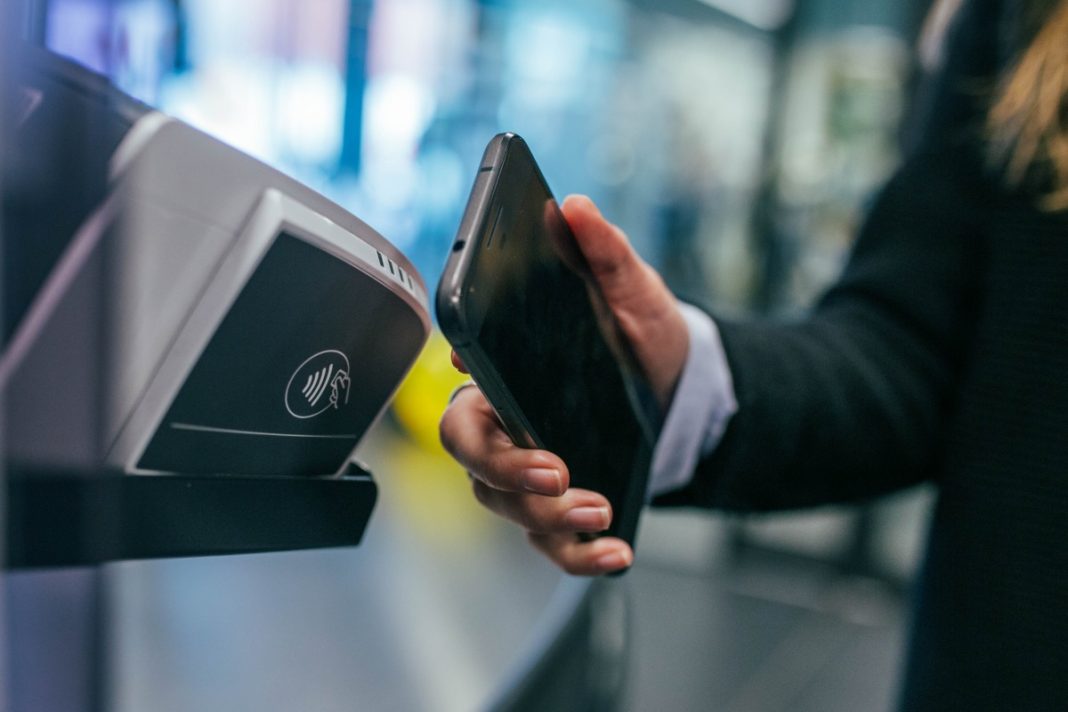The financial technology, or fintech, industry has witnessed a paradigm shift with the advent of financial apps. These apps, leveraging technological advancements, are revolutionizing how consumers and businesses manage and interact with their finances. This article delves into the multifaceted ways financial apps are changing the landscape of the fintech industry.
1. Democratization of Financial Services
One of the most significant impacts of financial apps is the democratization of financial services. Traditionally, financial services were often exclusive and not easily accessible to everyone. Financial apps have broken down these barriers. Whether it’s investing in stocks, managing personal finances, or sending money abroad, financial apps have made these services available to a broader audience.
2. Enhanced User Experience
Financial apps are designed with the user in mind. They offer intuitive interfaces and seamless experiences that make financial management less intimidating and more engaging. With features like in-app customer support, tutorials, and customizable dashboards, these apps have made it easier for users to navigate the often complex world of finance.
3. Real-time Data Access
The ability to access financial data in real-time is a game-changer. Whether tracking stock market movements, viewing bank account balances, or monitoring spending habits, financial apps allow users to have immediate access to critical data. This empowers consumers and businesses to make more informed and timely financial decisions.
4. Personalized Financial Advice
With the integration of artificial intelligence and machine learning, financial apps can now offer personalized financial advice to users. By analyzing a user’s financial data, these apps can provide tailored budgeting, investing, and saving recommendations. This personalization is akin to having a financial advisor in your pocket.
5. Enhanced Security Features
Security is paramount in financial services. Financial apps have integrated cutting-edge security features such as biometric authentication, encryption, and blockchain technology to ensure that user data is safe. These features not only secure financial transactions but also build trust among users.
6. Reduced Costs
Financial apps often come with the benefit of reduced costs. By automating various processes and minimizing the need for physical infrastructure, these apps can offer services at lower fees than traditional financial institutions. This cost-effectiveness is especially evident in investment apps and international money transfer services.
7. Inclusion of the Unbanked
In many parts of the world, a significant portion of the population is unbanked. Financial apps are changing this by providing financial services without the need for a traditional bank account. With just a smartphone, users can access a plethora of financial services that were previously out of reach.
8. Blockchain and Cryptocurrency Integration
Financial apps are at the forefront of the cryptocurrency wave. Many apps now allow users to trade, store, and even spend cryptocurrencies. Additionally, the use of blockchain technology in financial apps is increasing transparency and reducing fraud.
9. Peer-to-Peer Transactions
The advent of financial apps has given rise to peer-to-peer transactions. Apps like Venmo and Zelle allow users to send and receive money instantaneously without bank intermediaries. This has streamlined the process of money transfer and made it more efficient.
10. Crowdfunding and Alternative Financing
Financial apps have also ushered in new methods of financing. Crowdfunding apps allow individuals and businesses to raise funds from many people. Similarly, peer-to-peer lending apps enable users to obtain loans without going through traditional financial institutions.
In Conclusion
Financial apps are undeniably transforming the fintech industry. By democratizing financial services, enhancing user experiences, providing real-time data access, and integrating cutting-edge technologies, these apps are changing how consumers and businesses manage their finances and reshaping the financial landscape for the better. As technology evolves, we can expect financial apps to play an increasingly central role in finance.







